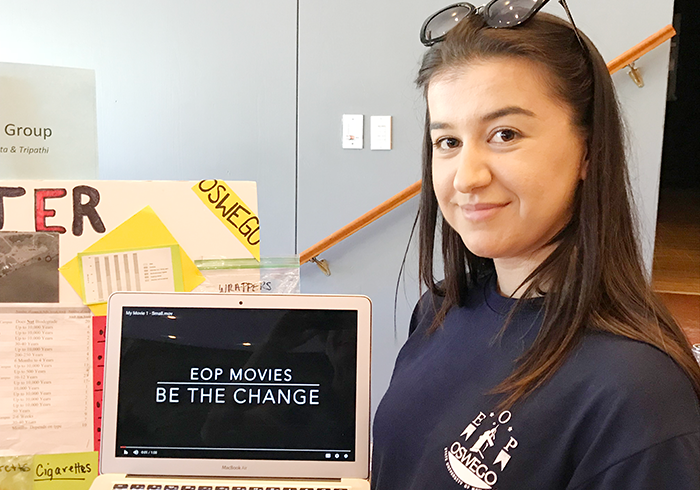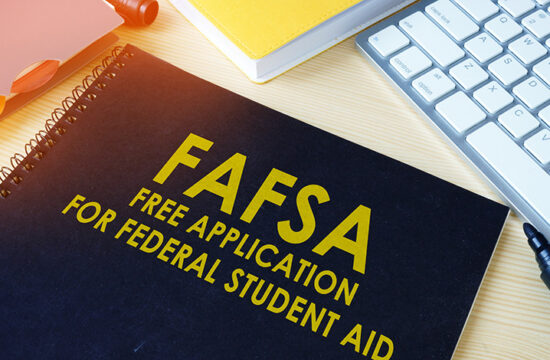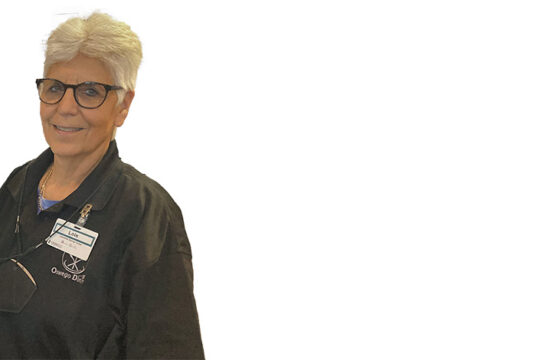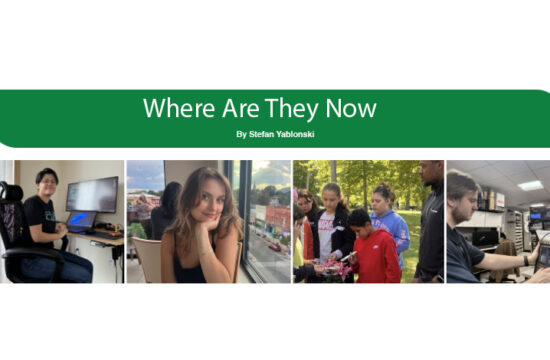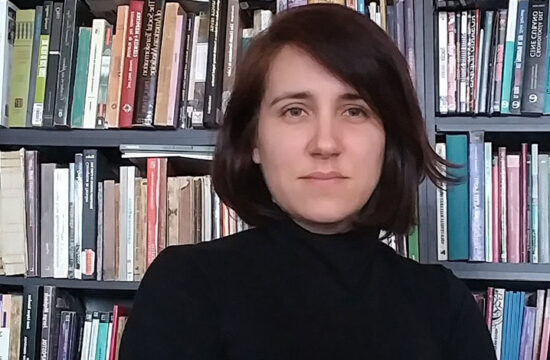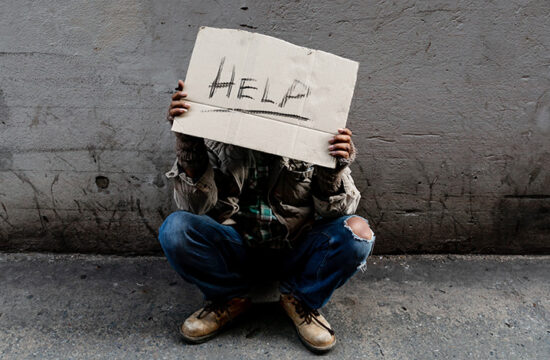Campus community comes alive while taking on Grand Challenge
By Melissa Stefanec
The Grand Challenges Project: Fresh Water for All will feature a multitude of interdisciplinary programming throughout the next two years.
Although the initiative officially kicks off this fall, projects occurred this past spring and summer.
The projects are divided into five categories — access, protection, development, use and reuse, and other. Here is a list of past, current, and future projects.
If you are interested in getting involved with any of these projects, contact the individual listed.
Access
— The Division of Student Affairs will be presenting speakers who directly address social equity and justice issues related to fresh water topics. For more information on upcoming topics, contact Jerri Howland.
— This fall, two new courses will be offered: HIS 198 “How new is #metoo? The History of Gender Activism in the United States” and POL 198 “The Witches Are Hunting: Contemporary Feminist Activism in America.”
Sections of the courses will deal with gendered environmental justice issues specifically related to water, and local water activists will be attending the joint session of the courses.
If you have questions or interest, contact professor Mary McCune.
— Faculty from multiple schools and disciplines are engaging in a human migration research group that will ultimately break out into team-taught courses that examine the global causes (including water issues) of migration and diaspora.
If you’re interested in joining this group or keeping up with its activities, contact professor Alanna Ossa.
— The Educational Opportunity Program — a program for first-generation college students — worked Grand Challenges: Fresh Water projects into its summer EOP problem-solving programming. For more information about the workshops, contact Joey Tse or Katherine Spector.
— The eco-poet and author of “Cold Pastoral,” Rebecca Dunham, is expected to visit the Living Writers Series this fall.
Her poems address water-disaster issues from Flint, Mich., to Hurricane Katrina to Deepwater Horizon. If you are interested, contact professor Laura Donnelly.
— The Philosophy Department’s Steinkraus lecture will be on the topic of the ethics of human-induced climate change and climate justice. If this topic interests you, or you feel it is related to a project you are planning, contact Robert Card.
— The Theatre Department presented a Grand Challenge kick-off event in April with the production of “Urinetown.” If this play fits into your classroom interests this year, contact director and theater professor Jonel Langenfeld.
— Professors from Native American studies are team-teaching a course in water justice issues. If their work in the social injustice and social inequities issues surrounding water interests you, contact Margaret Schmul.
— In March, Office of Learning Services staff attended the University of Buffalo’s symposium titled, “Water, the Environment, and a Socially Just World.” Anyone interested in information from the symposium can contact Spector.
— English professor and associate dean Patricia Clark is teaching a course on the significance of fresh water in African-American culture captured in fiction and poetry, first-person, historical narratives and current news stories. If you see connections to this work that interest you, contact Patricia Clark.
Protection
— We Are Lake Ontario is a local group devoted to the protection and promotion of Lake Ontario. The group will feature speakers and art exhibitions over the next two years.
If you are interested in being a part of this group or attending its exhibition or lectures, contact professor Amy Bartell.
— Documentarian Mark Eishen visited campus in April. His documentary about the poisoning — and later restoration — of Onondaga Lake pulls together Native American history, chemical engineering and social justice issues. There were two on-campus showings of the film. If you are interested in additional information, contact Jamie Adams.
Development
— A new digital humanities research group will be researching and collaborating on, “The Space and Place of the Great Lakes.” If digital humanities or Great Lakes studies interest you, contact Fiona Coll.
— The School of Business Management and Marketing Department is working with the local Rotary Club on water issues. The Rotary Foundation, an adjunct of the Rotary Club, supports a fresh water initiative. If you would like more information on this project, contact Michelle Thornton.
— Students in ART 304 Motion Graphics course created infographics about local, national, and international fresh water issues. An example of student work from this class is on the Grand Challenges website.
— The Shining Waters Project is devoted to cleaning up litter around Lake Ontario. If this volunteer project is of interest to you, contact Catherine Farrell.
Use and reuse
ALANA (A group involving African, Latino, Asian, and Native American interests) will be pursuing a project throughout the Fresh Water Grand Challenge that involves providing water filters for families in municipalities in Puerto Rico still in need of fresh water.
If you are interested in working on this project, contact Magdalena (Maggie) Rivera.
— The Office of Sustainability works with Cupanion, a company that collaborates with SUNY Oswego. Its members are offering “Perk Up and Tap In” programs (coffee cups and water bottles, respectively).
Cupanion also has a program that works in tandem with the bar code on bottles and cups. For every scanned refill via smartphone app, a cup of water has traditionally been donated to a person or group in need of fresh, clean water.
For more information about these programs, contact Jamie Adams in Sustainability Studies.
— Students in the MAT 158 Statistics course will study the local micro-plastic footprint on Lake Ontario. If you are interested in creating a companion assignment involving micro-plastic, contact Spector.
Other
— Writing Across the Curriculum will create a cross-disciplinary anthology-journal for Grand Challenge writings and art.
Volume one, to be published next spring, will be devoted to fresh water topics, curated by the writing fellows and developed by students taking a one-credit English course.
If you are interested in submitting an artifact, contact Michael Murphy or Melissa Webb.
— ARTSwego will be adding an extra category to its spring grant applications, extending support for the fine and performing arts, particularly to fresh-water issues. If interested, contact director Miranda Traudt.
— International Education and Programs will be encouraging faculty to include fresh-water topics and projects as part of its faculty-led study, research and service programs abroad. Faculty with ideas on including an international travel component under faculty supervision should contact Josh McKeown.
— The Institute for Global Engagement will have a variety of events and speakers focusing on South Korea and Turkey and the Grand Challenges fresh-water theme. If you are a professor looking to incorporate these countries into your syllabus, contact director Ulises Mejias.
— Students in ENG 102 interviewed local business owners about their relationship to Lake Ontario, focusing on how the lake draws people to the area. If you are interested in related aspects of the history of business and tourism involving Lake Ontario and Oswego, contact Webb.
— Advanced playwriting students collaborated with acting students in February to produce “The Grand Challenge Monologues,” a reading of student monologues related to fresh water. More collaborations are in the works.
Those interested can contact professor Brad Korbesmeyer.


